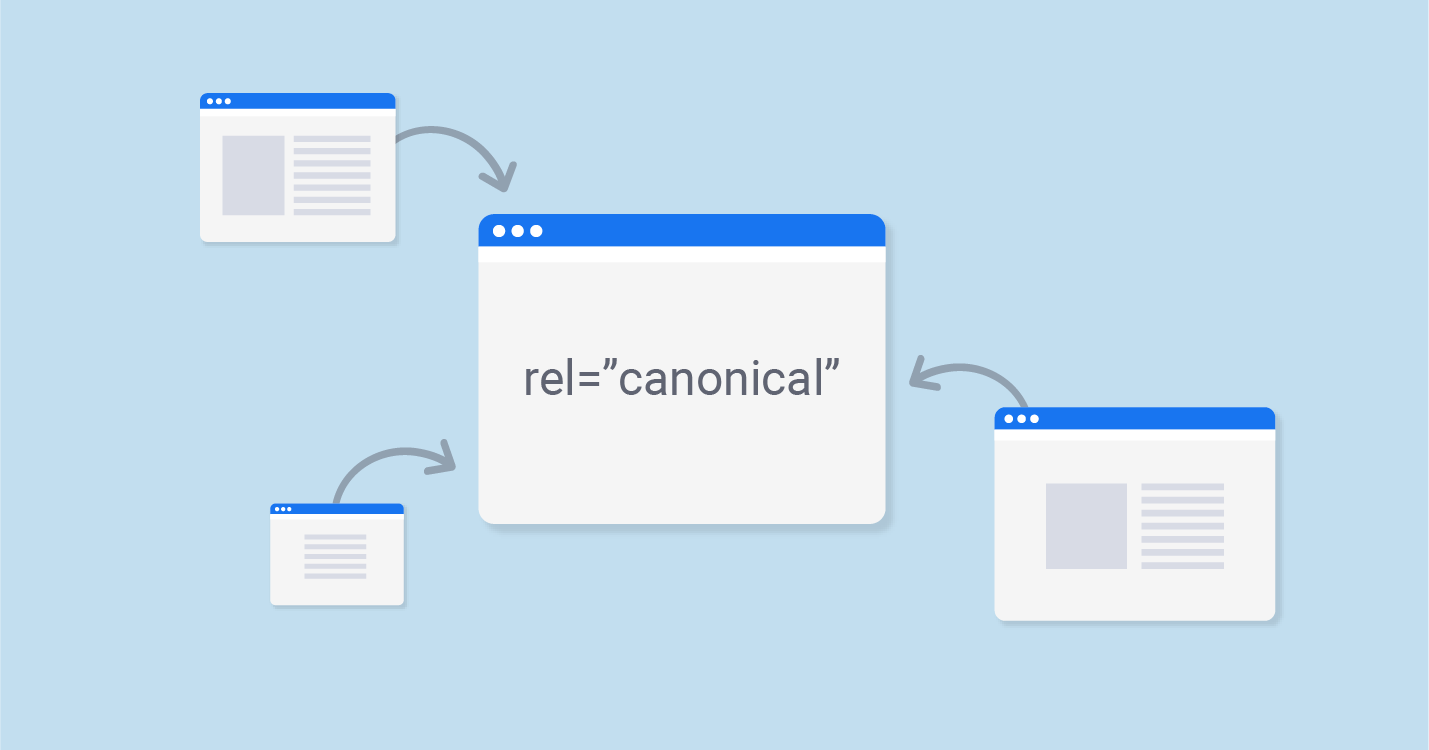Canonicalization is a critical aspect of search engine optimisation (SEO) that often goes overlooked but plays an important role in keeping the integrity and visibility of your website. SearchLight London, your trusted partner in digital marketing, explores the significance of canonicalization in SEO and shares best practices for avoiding duplicate content. From understanding the basics steps to implementing effective strategies, this comprehensive guide aims to equip website owners with the knowledge to optimise their canonical tags and enhance their SEO performance.
Understanding Canonicalization: Defining the Canonical URL
Canonicalization refers to the process of choosing the right URL for a piece of content when multiple versions of that content exist. In essence, it helps search engines determine a page’s primary or canonical version and consolidate ranking signals accordingly. Without proper canonicalization, search engines may view duplicate content as separate entities, leading to potential indexing issues and dilution of ranking authority.
Key Benefits of Canonicalization in SEO
Prevention of Duplicate Content Issues
Canonicalization helps prevent things like duplicate content issues by specifying the preferred URL for indexing purposes. By indicating the canonical version of a page, website owners can consolidate ranking signals and avoid splitting authority across multiple URLs.
Consolidation of Ranking Signals
By specifying the canonical URL, website owners can consolidate ranking signals, such as backlinks and social shares, to a single preferred version of the page. This ensures that the canonical version receives full credit for its relevance and authority in search engine rankings.
Improved Crawling Efficiency
Canonicalization streamlines the crawling process for search engines by directing them to the preferred version of a page. By eliminating duplicate content variations, website owners can improve crawl efficiency and ensure that search engine bots focus on indexing the most relevant content.
Enhanced User Experience
Canonicalization contributes to a better user experience by ensuring visitors are directed to the most relevant and authoritative page version. Website owners can improve user satisfaction and engagement by presenting consistent and consolidated content.
Best Practices for Implementing Canonicalization
Choose a Preferred URL Structure
Select a preferred URL structure for your website and ensure consistency across all internal and external links. Choose between www vs non-www, HTTP vs HTTPS, trailing slashes vs non-trailing slashes, and enforce canonicalization to the preferred version.
Implement Canonical Tags
Add canonical tags to the HTML code of duplicate pages to specify the preferred canonical URL. Use the rel=”canonical” attribute within the <head> section of the same pages to indicate the canonical version of the content.
Use 301 Redirects for Permanent Redirects
Implement 301 redirects to redirect duplicate URLs to the canonical version permanently. This ensures that users and search engines are automatically directed to the preferred URL, preventing the same content issues.
Regularly Audit and Update Canonical Tags
Regular audits of canonical tags should be conducted to identify and address any inconsistencies or errors. Monitor changes in website structure, content updates, and URL parameters that may affect canonicalization and update canonical tags accordingly.
Common Mistakes to Avoid
Incorrect Implementation of Canonical Tags
Avoid errors in canonical tag implementation, such as specifying the wrong canonical URL or omitting the rel=”canonical” attribute altogether. Incorrect canonical tags can lead to misinterpretation by search engines and exacerbate duplicate content issues.
Ignoring Parameter Handling
Address URL parameters and query strings that may generate duplicate content variations. Use canonical tags or URL parameters in Google Search Console (GSC) to specify how search engines should handle parameterised URLs.
Conclusion: Optimising Canonicalization for SEO Success
In conclusion, canonicalization is a fundamental aspect of SEO that is crucial in preventing duplicate content issues and consolidating ranking signals. Website owners can ensure that search engines accurately interpret and index their content by implementing canonicalization best practices and avoiding common mistakes. SearchLight London remains dedicated to providing insights and guidance to empower your SEO efforts. Stay tuned for more actionable tips and continuous exploration of SEO strategies.
